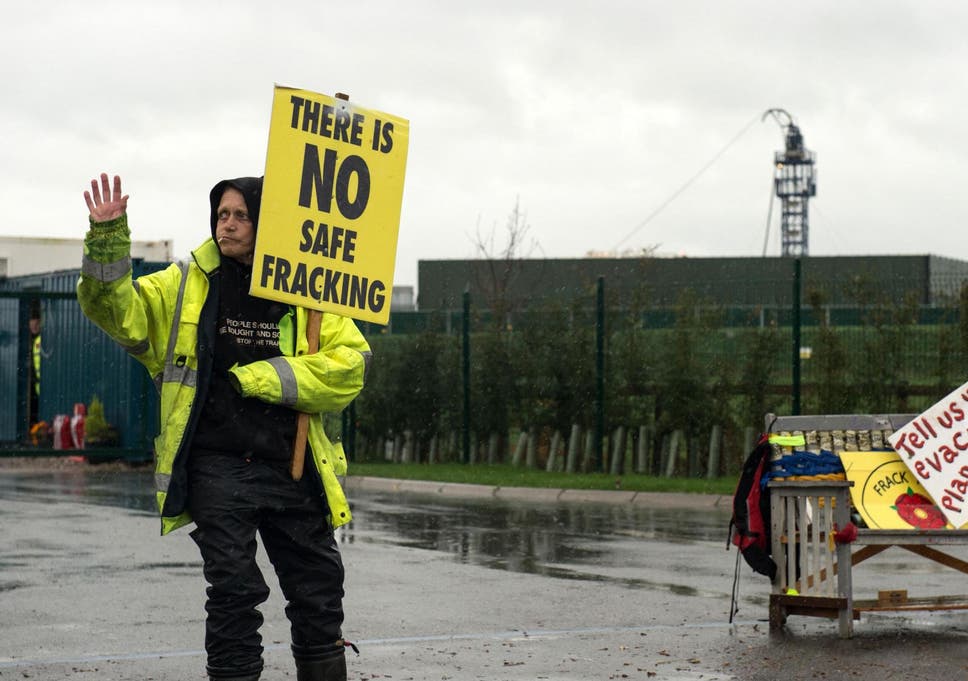70% of World’s Last Remaining Wilderness in Just Five Countries, Research Reveals
‘We need the immediate establishment of bold wilderness targets’, scientists say
Independent UK, 3 Nov 2018.
 More than 70 per cent of our planet’s remaining areas of wilderness are contained in just five countries and are at the mercy of political decisions regarding their future, new research has warned.
More than 70 per cent of our planet’s remaining areas of wilderness are contained in just five countries and are at the mercy of political decisions regarding their future, new research has warned.
Urgent international action is required to ensure the preservation of these last pockets of intact ecosystems, the study says, which calls for mandated conservation targets.
The places where the greatest remaining tracts of wilderness containing mixes of species at near-natural levels of abundance were identified as being in Russia, Canada, Australia, Alaska (US) and Brazil.
Produced by the University of Queensland (UQ) and the Wildlife Conservation Society (WCS), the study published in the journal Nature, says these areas are “increasingly important buffers against changing conditions… Yet they aren’t an explicit target in international policy frameworks."
The study also examines the huge future value these areas are likely to have for our planet.
“They are also the only areas supporting the ecological processes that sustain biodiversity over evolutionary timescales,” it says. “As such, they are important reservoirs of genetic information, and act as reference areas for efforts to re-wild degraded land and seascapes.”
Professor James Watson, from UQ’s School of Earth and Environmental Sciences, said the work provides the first full global picture of how little wilderness remains, and he was alarmed at the results.
“A century ago, only 15 per cent of the Earth’s surface was used by humans to grow crops and raise livestock,” he said. “Today, more than 77 per cent of land – excluding Antarctica – and 87 per cent of the ocean has been modified by the direct effects of human activities. It might be hard to believe, but between 1993 and 2009, an area of terrestrial wilderness larger than India – a staggering 3.3 million square kilometres – was lost to human settlement, farming, mining and other pressures.”
UQ Postdoctoral Research Fellow James Allan said the world’s remaining wilderness could only be protected if its importance was recognised in international policy.
“Some wilderness areas are protected under national legislation, but in most nations, these areas are not formally defined, mapped or protected,” he said. "There is nothing to hold nations, industry, society or communities to account for long-term conservation.'
We need the immediate establishment of bold wilderness targets -- specifically those aimed at conserving biodiversity, avoiding dangerous climate change and achieving sustainable development.”
“One obvious intervention these nations can prioritise is establishing protected areas in ways that would slow the impacts of industrial activity on the larger landscape or seascape,” Prof Watson said. “We have lost so much already, so we must grasp this opportunity to secure the last remaining wilderness before it disappears forever.”
“Some wilderness areas are protected under national legislation, but in most nations, these areas are not formally defined, mapped or protected,” he said. "There is nothing to hold nations, industry, society or communities to account for long-term conservation.
We need the immediate establishment of bold wilderness targets -- specifically those aimed at conserving biodiversity, avoiding dangerous climate change and achieving sustainable development.”
“One obvious intervention these nations can prioritise is establishing protected areas in ways that would slow the impacts of industrial activity on the larger landscape or seascape,” Prof Watson said. “We have lost so much already, so we must grasp this opportunity to secure the last remaining wilderness before it disappears forever.”
END
Now The US & Canada's Untouched Wilderness is Being Destroyed by Mining.
& The UK Had to STOP FRACKING a Few Days ago, After 17 Small Earthquakes;
READ; Fracking firm Cuadrilla is forced to stop drilling after a 0 ...
Canada's Untouched Wilderness is Now Open For Mining
.
NB Folks; All those POLITICIANS that have made those CRAZY decisions about mining and fracking, should remember that MANKIND survived for many generations without all the resulting elements that both actions MIGHT find & are supposed to help us... 
What they are doing is interfering with OUR world, and I don't think their endeavours will help mankind >>> only destroy it
Also many of those POLITICIANS may well have shares in the companies that are doing the MINING/Fracking work.
After all TRUMP IS ONE OF THE BIGGEST SHAREHOLDERS in the mining company that is operating in BOTH THE US & CANADA...... 
,.